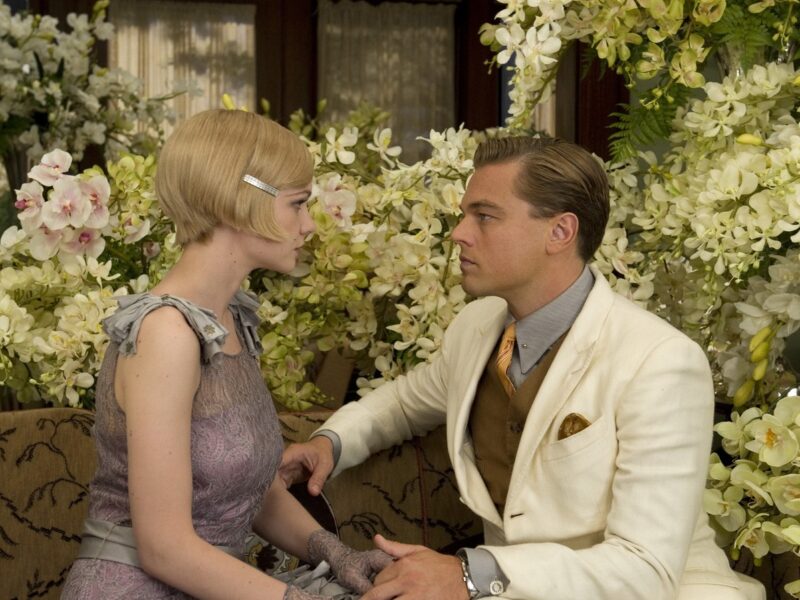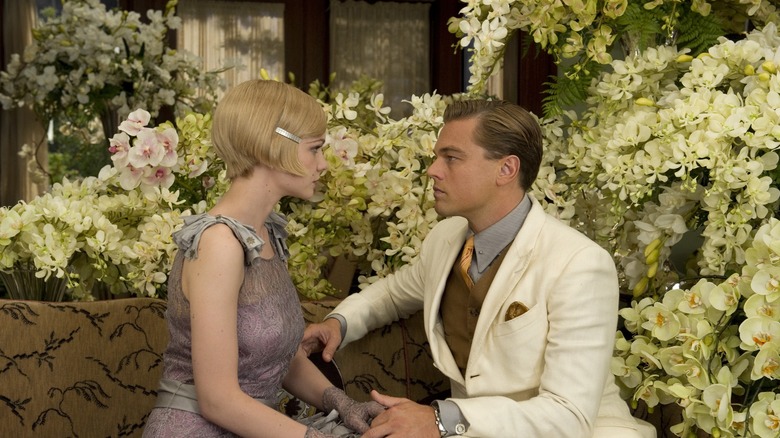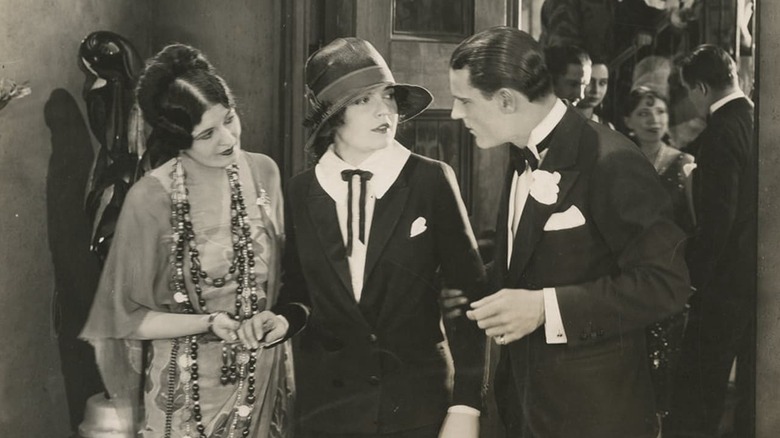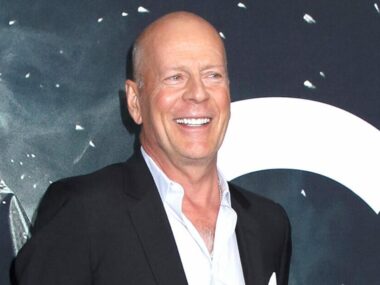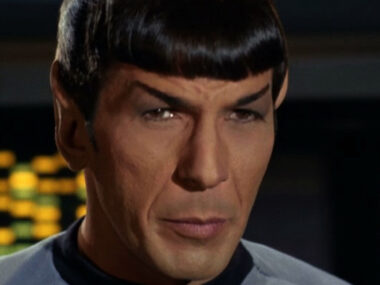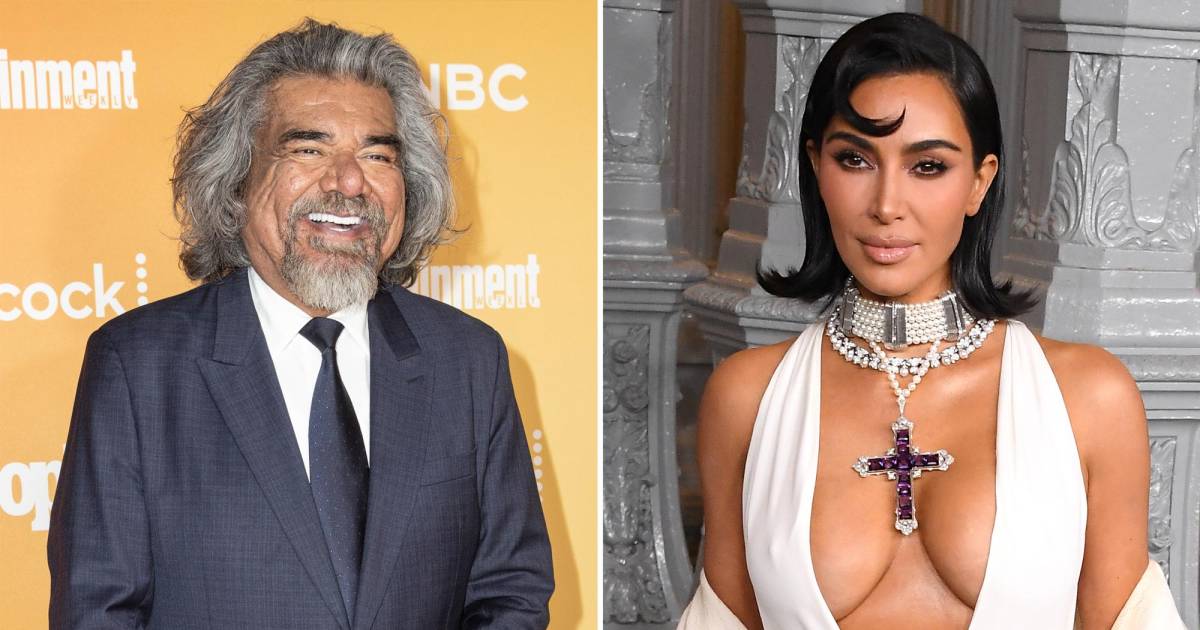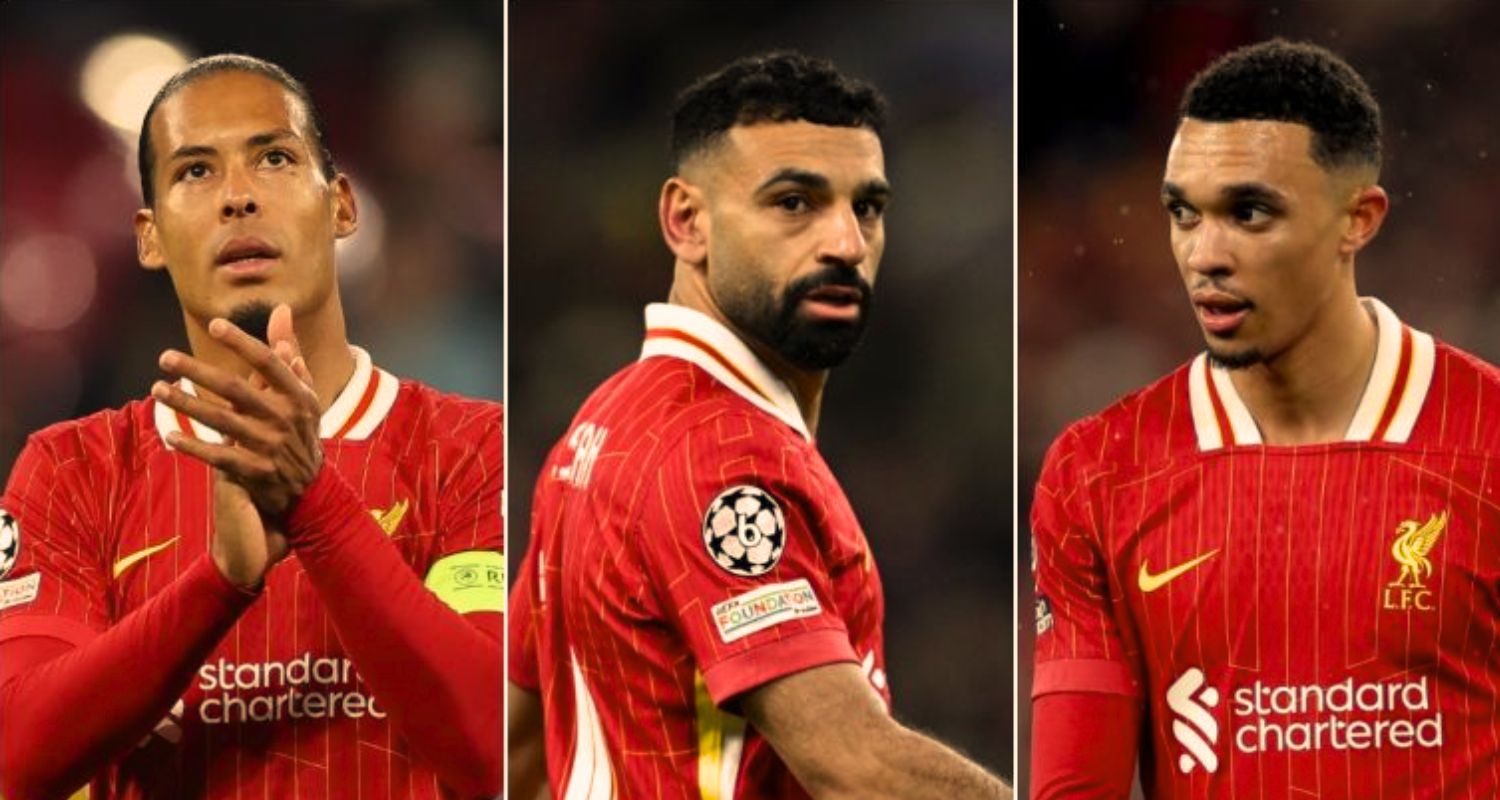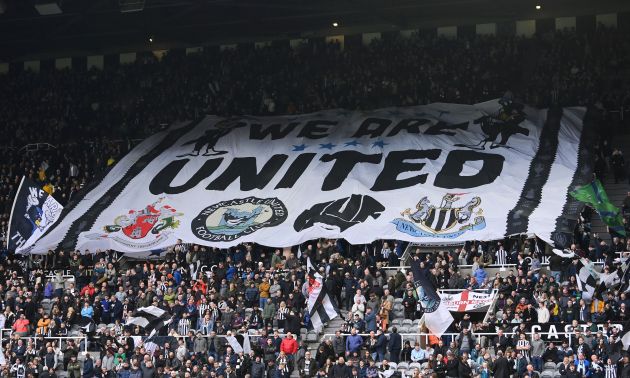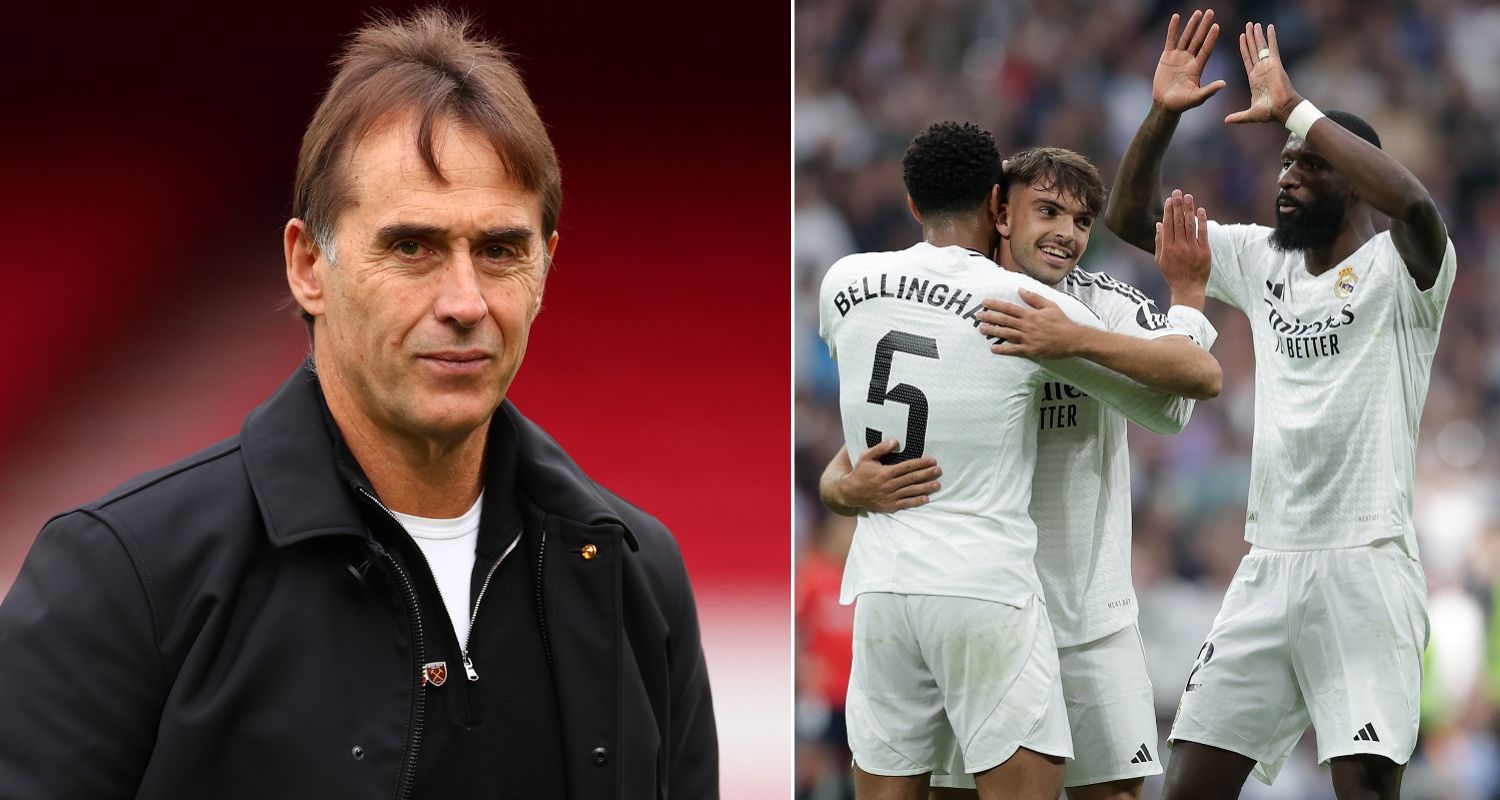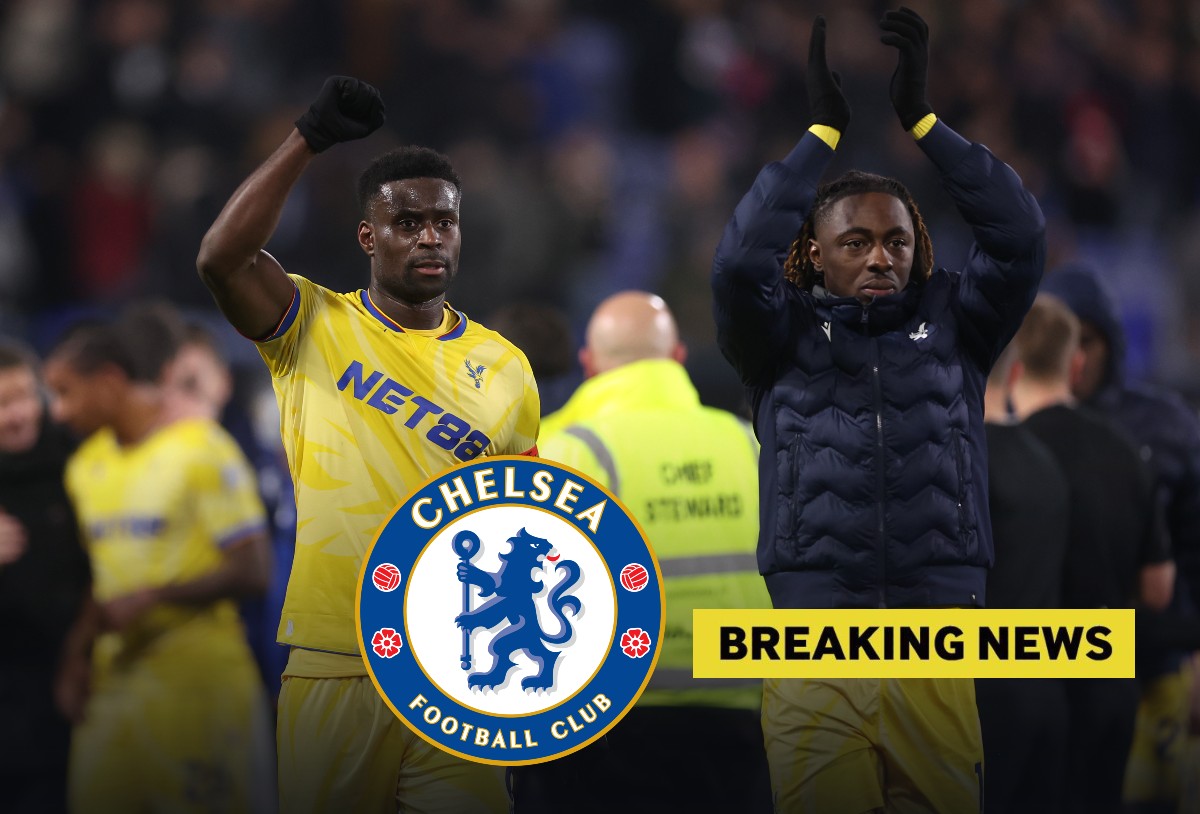The debate over what constitutes the Great American Novel is endless, yet The Great Gatsby by F. Scott Fitzgerald always finds its way into the conversation. It might be tempting to simply reduce the author's work to a long-winded rendition of the Roaring Twenties, but Fitzgerald's book also subverts illusions while maintaining the fascinating mystery surrounding its titular figure. When the fog clears and both Jay Gatsby and his (only) friend Nick Carraway are revealed for who they are, a deep sense of emptiness remains. Don't get me wrong: The Great Gatsby is a story for the hollowness of the gaze, the obscene richness and the relations of convenience that have the illusion of depth. However, as soon as we encounter the rare flashes of touching sincerity in such a horribly tragic story, the hollow lure of the green light at the heart of the novel takes on an eerily ghostly sheen.
Surely such a complex, beloved book has spawned at least one screen adaptation that comes close to capturing its elusive essence… right? Well, there are no easy answers, because some of the cinematic adaptations of The Great Gatsby are actually worthwhile despite their inherent flaws. The the latest (and most popular) conversion is Baz Luhrmann's 2013 version starring Leonardo DiCaprio and Tobey Maguire, which has been criticized for losing itself in the loud hedonism it's meant to critique, leaving little room for subtlety. I object to that Luhrmann leaves enough room for tense interior momentsespecially when exploring the crumbling myths that surround Gatsby when he is on the verge of losing everything. Still, the film doesn't come close to living up to the complexity of its source material, though it never pretends to be anything it's not.
If we consider Rotten Tomatoes as a metric for determining the best Gatsby adaptation, then 1926's “The Great Gatsby” is the winner with its score of 52%. Yes, it's the highest summary so far, and every other direct film adaptation of the novel — as opposed to the loosely inspired films — has had a “rotten” score on the platform.
How the 1926 adaptation of Gatsby differs from the rest
Before we talk about the 1926 version, let's turn to another one well remembered adaptation of “The Great Gatsby” released in 1974 with Robert Redford and Mia Farrow take on the respective roles of Gatsby and Daisy Buchanan. Director Jack Clayton stayed true to Fitzgerald's novel (too loyal to the monotonous), bringing memorable passages to life with faithful performances and vibrant costumes. But despite these earnest efforts, which included a competent screenplay by Francis Ford Coppola, the film fails to capture the hypnotic appeal of the themes that still bind us, resulting in an adaptation that never dares to find its footing.
Returning to Herbert Brannon's 1926 silent drama (“Peter Pan”, “Neptune's Daughter”), we must admit only how much it differs from the original novel. Despite being a direct (and ostensibly first) film adaptation of the novel, it changes key aspects of the main characters, including Daisy's (Louis Wilson) motivations for rejecting Gatsby (Warner Baxter) and the underlying circumstances of the fatal car accident. the end. However, the basic beat of the tale is maintained as the young Nick Carraway (Neil Hamilton) gradually sees Gatsby for what he really is, while also recognizing the ruthless cruelty and hypocrisy of the Buchanans. However, in a rather odd departure from the novel, the film ends with an idyllic shot of the Buchanans and their newborn, with no lingering hints of the tragedy they have directly contributed to (or the person at the center of it).
The reason Brannon's film is rarely included in conversations about Gatsby is because it is now considered a lost medium, with only the film trailer and a few short clips available for viewing. It's also worth noting that Fitzgerald hated this adaptation, describing it as “rotten, horrible and terrible”, although he did not elaborate why. In case your search for a usable The Great Gatsby movie is still unsatisfying, you can always give Robert Markowitz's 2000 version a shot. It might not be much, but the film stars Paul Rudd in an impressive turn as Carraway, which is perhaps its only redeeming quality.
Source link

